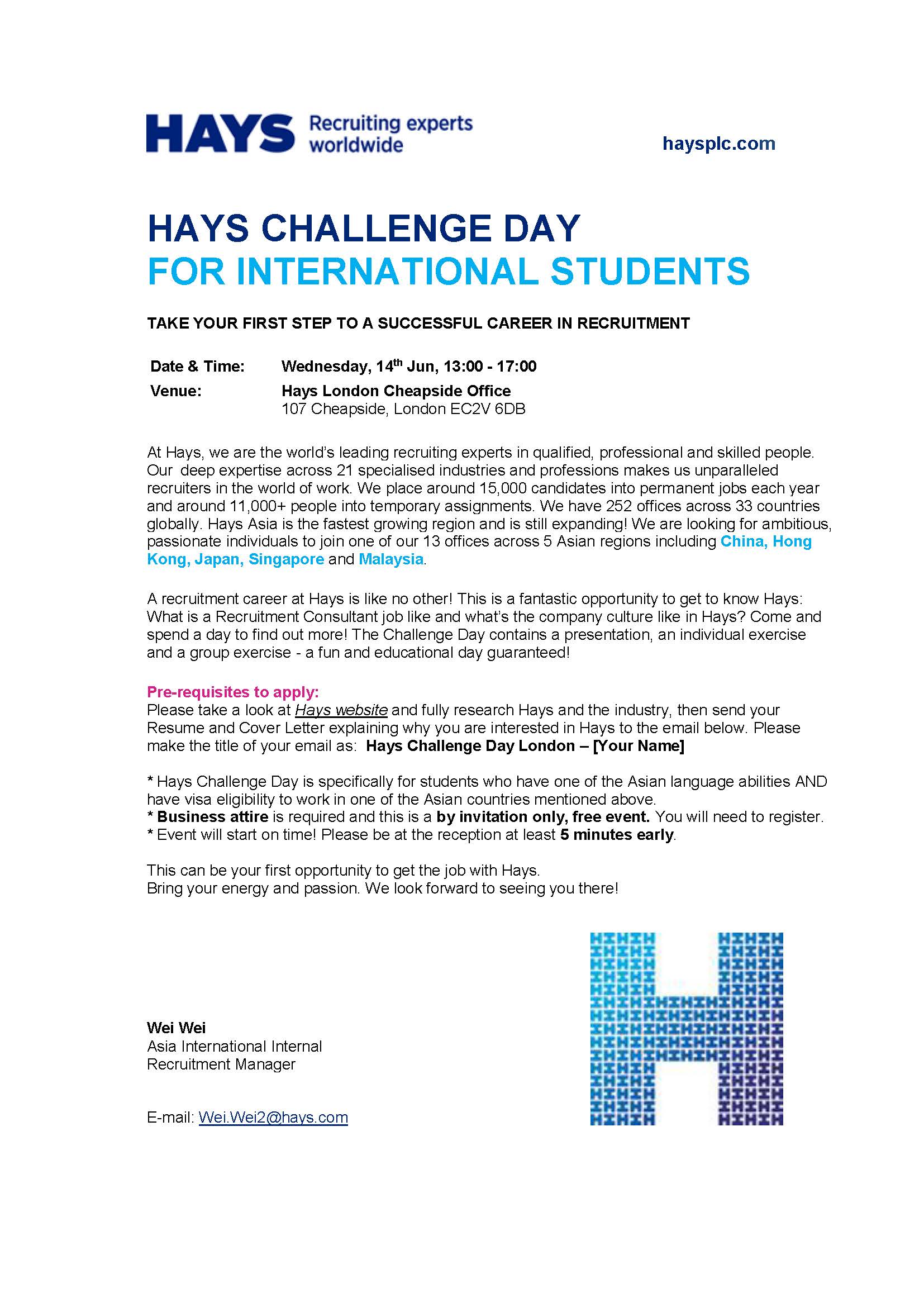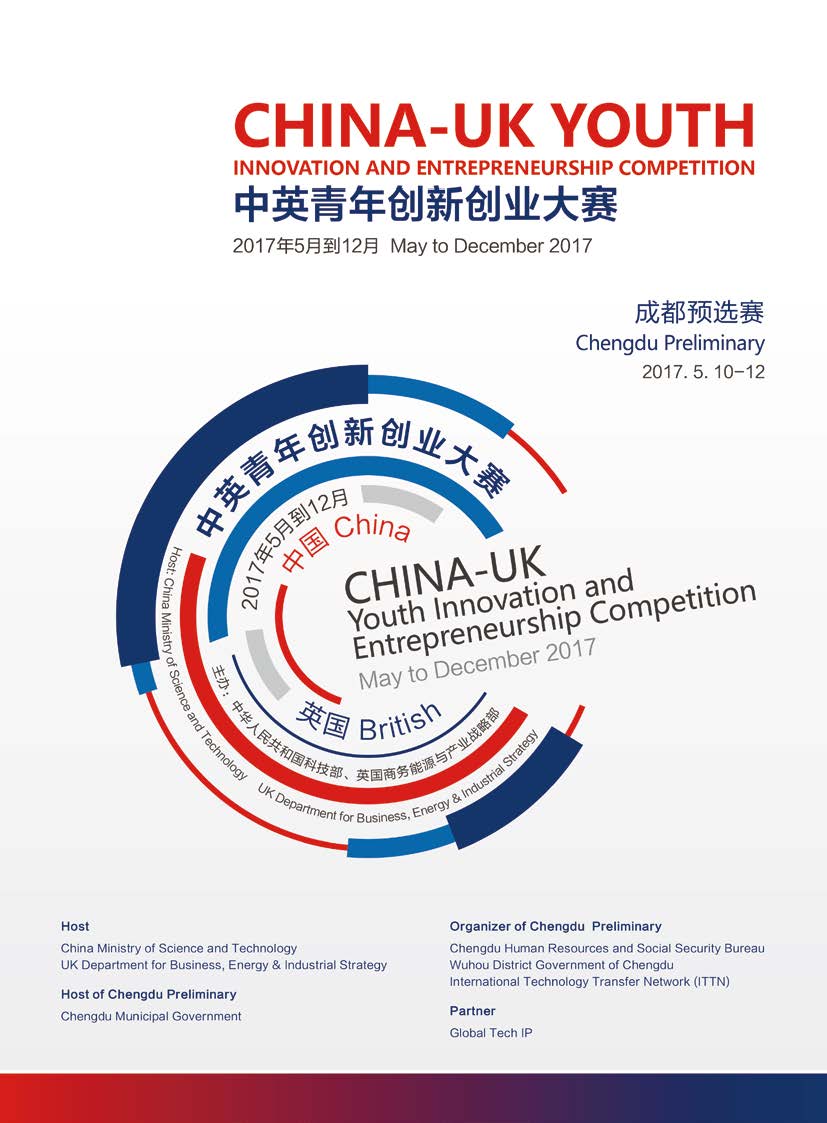International students at universities in the UK have a range of career options when they finish. Many will be interested in the possibility of working in the UK or internationally and the idea of further study, in the UK or in another country will be attractive. Most international students will return home, however, and here are a few tips which will make the transition into work in your home country easier and ultimately, If you more successful.
Keep in touch with developments in your home country and be pro-active
- Follow the graduate recruitment scene on-line. National newspapers and journals will show which employment sectors and growing and which organisations expect to recruit graduates. Which UK, US and European organisations are active in your home country? You should target specific sectors and employers to make sure your knowledge is up-to-date. Indian students, for example, should be following economic trends on such websites as the Times of India
Expand your network and contacts
- Using social media effectively, particularly Linkedin Twitter and Facebook is a great way of building contacts with particular employers and helps put you in touch with managers, not just the organisation’s HR department. Moreover, employers now expect graduates to be confident users of social media and to be aware of its uses as a business tool .
- Are there any UK careers fairs for international students you could attend? As an international student you will probably be welcome to attend most but check beforehand. Talking to an employer at a fair after previously making contact through LinkedIn can be very effective.
- Ask about any networks of ex-students of your UK university who are now working in your home country. These alumni networks are growing in importance and you already have a lot in common!
Be aware of the employment cycle in your home country
- Know how and when employers recruit. Employers’ schedules vary: the main season for recruitment in the UK is October-January but in China activity is concentrated in two periods, mid-September-November and March-May. Employers in Malaysia tend to recruit all year round.
- Useful websites include Gradlink and Target Jobs
- Ensure that your CV conforms to what the employer would expect and understand the relevant “application culture.” Employers in the UK value personal achievements and voluntary work but such details tend to be disregarded in India. Examples of how CVs differ from country to country can be found at Going Global
Understand what you have to offer and what you have gained from your time in Britain
- What did you gain from your course of study? How could it benefit your employer?
- Your proficiency in English is important but you will also need to show employers that you are culturally aware and can understand how Europeans do business.
- You should be clear about your ability to adapt to new environments and learning situations and you will need to explain how you have overcome the challenge of studying and working in the UK. These qualities are vital and you need to sell them in a pro-active way because they will not speak for themselves.
- Your fellow students will probably have come from around the world so as well as experiencing life in the UK, you have had a truly international experience.
Be realistic
- You should be aware that employers in your home country may not pay you a higher salary simply because you have a British qualification. The career benefits of your time abroad my not be apparent until you look for promotion. Be patient and do not give the impression that you know everything.
Be prepared for “reverse culture shock”
- Do you remember how demanding it was when you arrived in the UK? All your energy seemed to be spent on adjusting to a new country. How tiring it was to speak English all day!
- Going back home can feel the same. You will be different and so will your friends and family and they may have little understanding of how your experience has changed your outlook. The most dangerous time for space modules is when they re-enter the Earth’s atmosphere. You may get depressed and feel slightly alienated from what is now a new environment. It may not happen but be aware that it is a possibility.
Stay in touch
- Your UK university stays with you forever and there will be plenty of opportunity to maintain contacts through your Alumni Association and the International Office.
- The good news is that you can still access support from the Careers Network here at Loughborough University after you leave university.
- You can book appointments through Careers Online or by phone on 01509 222039.
- We can offer email or telephone advice. Email us at careers@lboro.ac.uk and an adviser will respond to you in 5 working days. Please include your phone number and the best time to call you.
- You’ll still be able to access the vacancies database on Careers Online after you graduate too.
Good luck!


